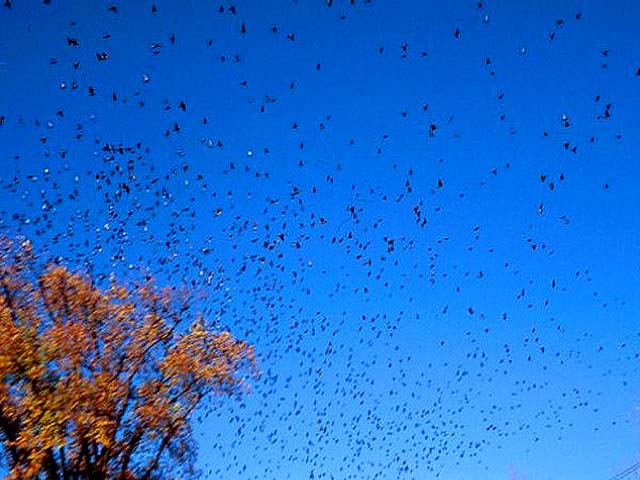I (ERSTER TEIL)
Da stieg ein Baum. O reine Übersteigung!
O Orpheus singt! O hoher Baum im Ohr.
Und alles schwieg. Doch selbst in der /
verschweigung
ging neuer Anfang, Wink und Wandlung vor.
Tiere aus Stille drangen aus dem klaren
gelösten wald von Lager und Genist;
und da ergab sich, daß sie nicht aus List
und nicht aus Angst in sich so leise waren,
sondern aus Hören. Brüllen, Schrei, Geröhr
schien klein in ihren Herzen. Und wo eben
kaum eine Hütte war, dies zu empfangen,
ein Unterschlupf aus dunkelstem Verlangen
mit einem Zugang, dessen Pfosten beben,—
da schufst du ihnen Tempel im Gehör.
|
I (FIRST PART)
A tree has risen. O pure transcendence!
O Orpheus sings! O high tree of the ear.
And all was still. Yet in the stillness
new beginning, summoning, and change sprang /
forth.
From the silence, creatures pushed out
of the clear, open forest from lair and nest;
and then it happened, that they were not
so quiet because of cunning or fear,
but because of listening. Shrieks, cries, roars
seemed small in their hearts. And where once
scarcely a hut stood to receive this,
a crude shelter made of the darkest of longings
with trembling posts at its entrance way,—
there you created a temple in their hearing.
|


